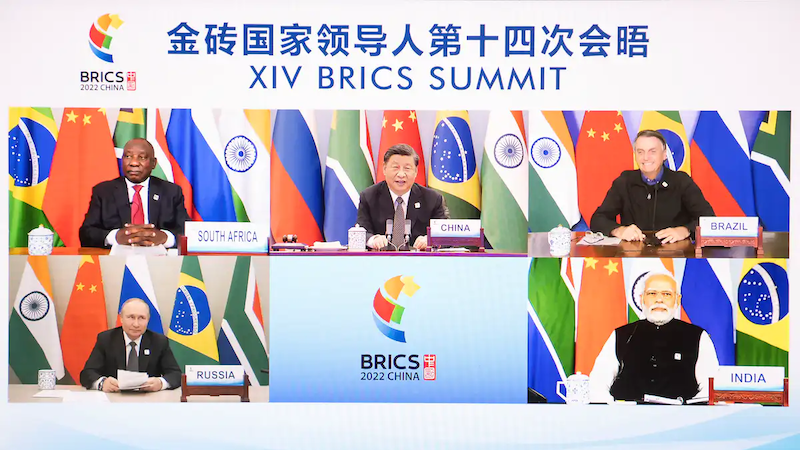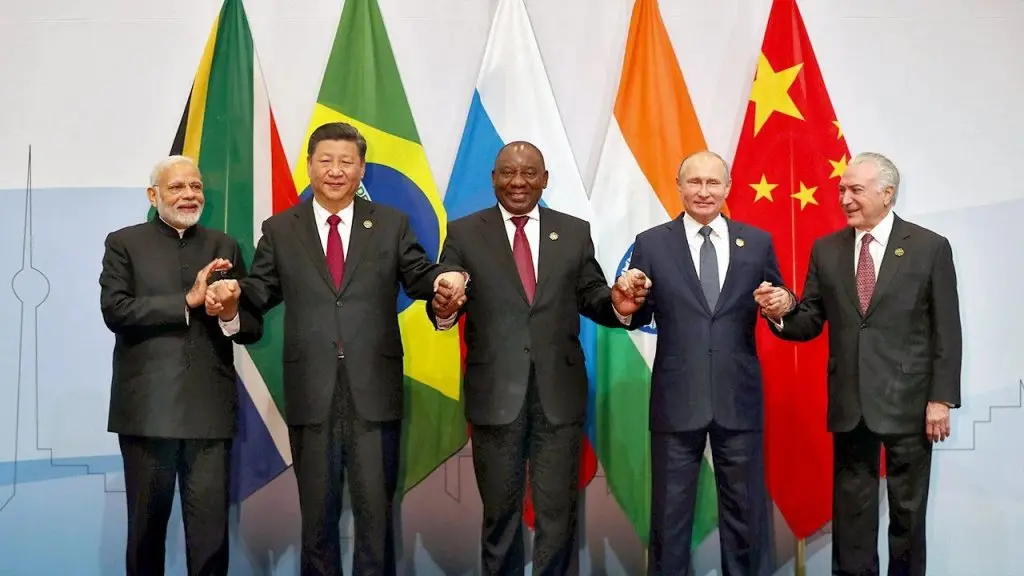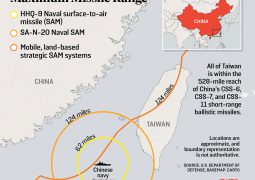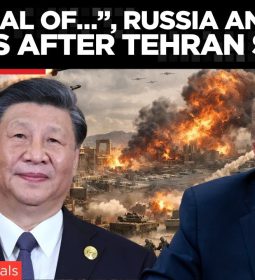Russia’s ‘blockchain payment system’ for BRICS nations


Russian presidential aide Yury Ushakov revealed on 5 March that the BRICS bloc of emerging economies is considering developing an independent payment system based on digital currencies and blockchain to reduce reliance on western financial systems.
“We believe that creating an independent BRICS payment system is an important goal for the future, which would be based on state-of-the-art tools such as digital technologies and blockchain. The main thing is to make sure it is convenient for governments, common people, and businesses, as well as cost-effective and free of politics,” Ushakov told the state-run news outlet TASS.
The Kremlin official added, “Work will continue to develop the Contingent Reserve Arrangement, primarily regarding the use of currencies other than the US dollar.”
Details of the system, such as whether BRICS will develop its own blockchain or use an existing platform, were not disclosed by Ushakov.
A coalition initially made up of Brazil, Russia, India, China, and South Africa, at the start of the year BRICS expanded for the first time since 2010 to include Egypt, Iran, Ethiopia, and the UAE.
Saudi Arabia and Argentina were also invited to join the bloc last year; however, as of February, Saudi officials said the kingdom was “still considering” the invitation, while the far-right government in Buenos Aires officially declined as newly elected President Javier Milei seeks to deepen ties with the US.

After Russia became the most sanctioned nation in the world in 2022 following the start of the war in Ukraine, the BRICS bloc began seriously pursuing the creation of a common currency to de-dollarize trade and circumvent Washington’s weaponizing of the western financial system.
“Why can’t an institution like the BRICS bank have a currency to finance trade relations between Brazil and China, between Brazil and all the other BRICS countries?” Brazilian President Luiz Inacio Lula da Silva said last August. “Who decided that the dollar was the [trade] currency after the end of gold parity?”
Last year, BRICS nations also stepped up trade in local currencies to strengthen their economies and counter the greenback.
“We are interested in creating a unified currency in the BRICS group, and this could be very effective,” Iran’s Deputy Foreign Minister Mahdi Safari said in an interview with Sputnik in January. “By using national currencies, the process of eliminating the use of the dollar in commercial exchanges begins, and we are interested in continuing this process,” Safari added.
- Previous PM Anvar Ibrahim: Trying to contain China will only fuel its grievances
- Next U.S. Army Special Forces on outlying Taiwan’s Kinmeh islands confirmed
















